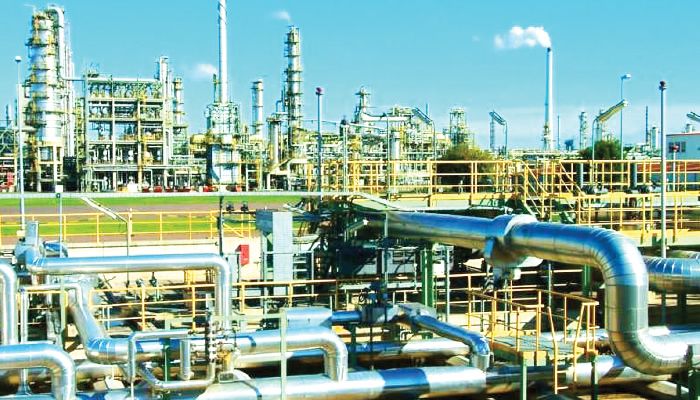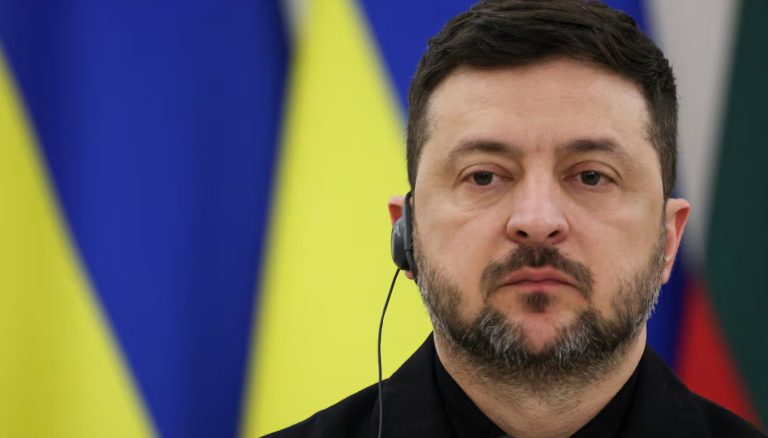
Belgrade races to avert an energy crunch as Russian-owned NIS struggles to stay online
Serbia’s sole oil refinery could be forced to halt production as early as Tuesday, raising the stakes in a deepening energy crisis triggered by U.S. sanctions on its majority Russian owner.
The Petroleum Industry of Serbia (NIS) which produces most of the country’s fuel was added last month to Washington’s expanding list of penalties targeting Russia’s energy sector following the 2022 invasion of Ukraine. Although the measures were first signaled in early 2024 under former U.S. President Joe Biden, they only took effect on October 9, leaving Belgrade scrambling for alternatives.
Energy Minister Dubravka Đedović Handanović assured the public late last month that the Pancevo refinery would operate normally until November 25, but the government has since acknowledged that shutdown preparations are underway. Officials say Serbia has boosted strategic fuel reserves and secured additional import volumes for December.
Still, analysts warn those steps may not be enough.
“Domestic production covered nearly 80% of Serbia’s demand, with only 20% coming from imports,” Belgrade economist Goran Radosavljević told AFP. Replacing such a large share with foreign fuel, he said, will be extremely difficult. “You can stretch things for a few months with extra imports, but NIS won’t survive long-term if the refinery stops.”
Talks With Russia, Uncertain Outcomes
Because the company remains majority-controlled by Moscow, Serbian officials have been pushing for a deal that would see the Russian side sell its stake. President Aleksandar Vučić says three potential buyers are in the mix, though he has declined to name them.
Last week, NIS formally requested a temporary waiver from the U.S. while negotiations continue, but Washington has yet to respond.
Serbia sold 51% of NIS to Gazprom and Gazprom Neft in 2008 for €400 million (US$462 million) as part of a larger energy partnership, one that critics say was only partly fulfilled. Today, Gazprom Neft holds nearly 45% directly and another 11.3% through a St. Petersburg-based sister company. The Serbian state owns almost 30%, with smaller shareholders holding the rest.
The government has repeatedly insisted that the refinery’s future must be secured, even hinting at a potential state takeover if talks fail. But Vučić who maintains close ties with Moscow and has resisted joining Western sanctions against Russia has rejected the idea of seizing Russian assets. Instead, he has said Serbia would consider buying out Moscow’s stake above market value if necessary.
Gas Pressure Adds To Political Strain
The refinery issue is unfolding alongside separate negotiations over Serbia’s natural gas supply. Russia, which provides the bulk of the country’s gas at favourable prices, has recently shifted to offering short-term contracts, a move Vučić says is intended to pressure Serbia away from intervening in NIS.
With winter approaching and no resolution yet in sight, the future of Serbia’s most critical energy asset hangs in the balance.



